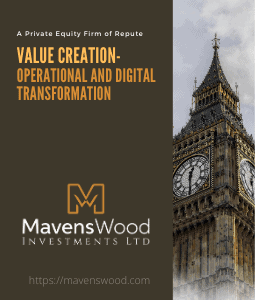Gary Gensler is Chair of the U.S. Securities and Exchange Commission. This post is based on his recent public statement. The views expressed in the post are those of Chair Gensler, and do not necessarily reflect those of the Securities and Exchange Commission or the Staff.
Today [Aug. 10, 2022], the Commission is considering whether to propose joint amendments with the Commodity Futures Trading Commission (CFTC) to Form PF, an important reporting tool that the Commission and the Financial Stability Oversight Council (FSOC) use, respectively, to protect investors and monitor systemic risk. I am pleased to support the proposal because, if adopted, it would improve the quality of the information we receive from all Form PF filers, with a particular focus on large hedge fund advisers.
In response to the 2008 financial crisis, Congress mandated the SEC and CFTC (the Commissions) to establish, after consultation with FSOC, reporting requirements for advisers to private funds. Congress felt it was necessary for there to be greater transparency for regulators into this field, which led the Commissions to adopt Form PF.
I had the privilege to serve as Chair of the CFTC when the Commissions jointly first adopted Form PF in 2011. As I said at the time, “With this final rule, regulators will gain transparency into an important sector of the financial marketplace to better assess risk to the overall system.” [1]
In the decade since, regulators have gained vital insight with respect to private funds through Form PF. Since then, though, the private fund industry has grown in gross asset value by nearly 150 percent and evolved in terms of its business practices, complexity, and investment strategies. [2] In response to the Commission’s years of experience with Form PF and the evolving private funds landscape, I asked the staff to recommend amendments to Form PF. We have considered these recommendations in two separate proposals.
In January 2022, the Commission proposed amendments to the SEC-only sections of Form PF. That proposal would, among other things, require certain advisers to hedge funds and private equity funds to provide current reporting of key events, and enhance reporting requirements for large private equity and large liquidity fund advisers.








